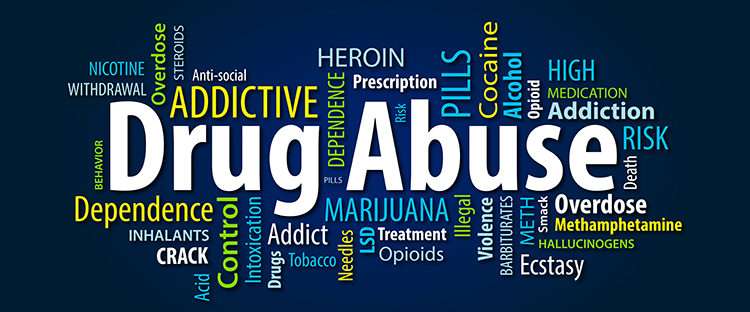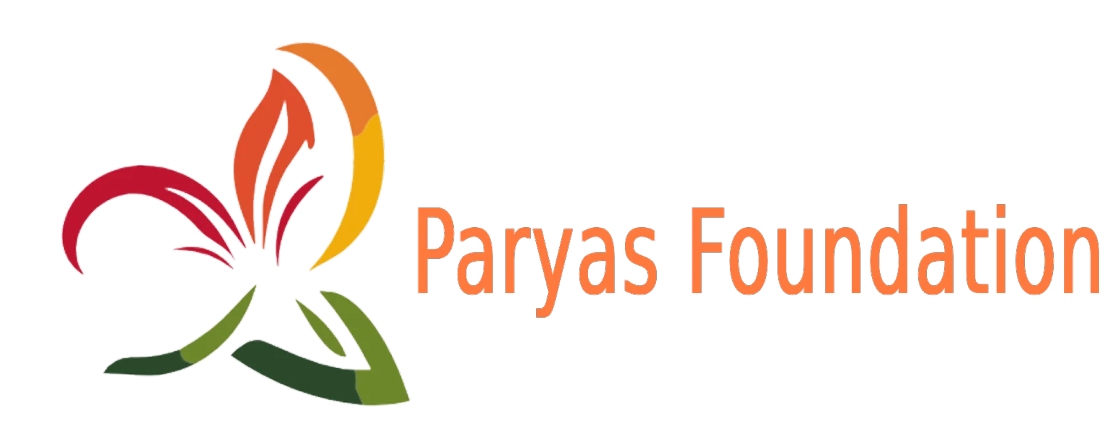
Drug- How to overcome from drug Addiction
How to avoid addiction- When someone is struggling with Drug Addiction, it seems impossible for him to overcome it. But always remember nothing is impossible in this world, no matter how hopeless your situation seems. Change could be possible with the right treatment and support. So don’t quit. The road to recovery often involves lots of pitfalls and bumps.
One of the toughest step toward recovery is to decide to make a change. It’s normal to feel uncertain about whether you’re ready to make a change, or if you have what it takes to quit. It’s okay if you’re torn. We are here to help you at every step. Recovery requires time, motivation, and support, and it’s okay to consider your situation before you make the commitment to change.
Here are the steps to overcome your addiction.
Steps to Stave Off Addiction
You can’t control who your parents are, the choices they made or the community you grew up in, but you are not powerless. Here are a few precautions you can take to avoid a lifelong struggle with addiction:
Just Say No
The most obvious way to prevent addiction is to avoid drugs and alcohol. But it’s not always that simple. Because human beings are wired for pleasure-seeking and will always pursue quick relief from pain, the “just say no” approach has failed in the past and will continue to be only a partial answer to addiction prevention.
If you decide to drink alcohol, do so moderately (no more than one drink a day for most women and no more than two drinks a day for most men, according to the Centers for Disease Control and Prevention). While most people may be able to drink moderately without difficulty, those with a family history of addiction or other risk factors may find that their habit quickly escalates to heavy drinking or alcoholism.
Delay Alcohol Use
Research shows that alcoholism is more prevalent among those who begin drinking at an early age. Delaying alcohol use until age 21 or later may reduce the risk of alcohol-related problems in adulthood.
Limit Negative Influences
Both adolescents and adults are heavily influenced by their peers and their desire to fit in. Associating with people who abuse drugs or alcohol or who have accepting attitudes toward substance abuse increases the likelihood of drug abuse.
Manage Stress
Stress is one of the most commonly cited reasons for substance abuse. Rather than spiraling out of control, take steps to manage your stress before problems get out of hand. Exercise, meditate, or talk to a friend, spiritual advisor or therapist – whatever helps you unwind without relying on the temporary fix of drugs or alcohol.
Build Strong Relationships
A strong support system can be a strong protective factor against addiction. Whether you turn to friends, family, the community or a higher power, finding someone you can lean on can help you work through stress and other emotions without a chemical escape.
Know the Warning Signs
If you choose to drink or use drugs, stay alert to the signs of addiction, including withdrawal symptoms, tolerance, losing control, changes in diet, sleep or behavior patterns, abandoning activities you used to enjoy, and negative consequences related to your drinking. When in doubt, ask a therapist, rehab center or healthcare provider for an assessment to determine whether your drug use has become a problem.
Set and Work toward Goals
People who set realistic goals and actively work toward them are less likely to get sidetracked by drugs or alcohol than people who feel they are not achieving their goals or don’t have anything to work toward.
Get Treatment for Mental Illness
Substance abuse is strongly correlated with mental illness. If you struggle with depression, anxiety, a personality disorder or another psychiatric condition, seek help from a mental health professional rather than self-medicating with drugs or alcohol.
Even if your biology pulls you in one direction, you can alter your course by taking steps to safeguard yourself against addiction. Genetics account for an estimated 40 to 60 percent of the risk for addiction. That leaves another 40 to 60 percent for environmental and social factors that may be well within your control.
